The school music education public forum held December 5, expressed much concern for the future of music of music education in Victoria. Organised by the School Music Action Group, the forum brought together academics, politicians and educators in a discussion about how the adoption of the 17 recommendations that came out of the Victorian Government Music Education Inquiry can be championed.
The audience heard that no improvements had been made to state school music education in 20 years. We are training less qualified music teachers. There were significant differences in the quality of music programs. Rural and regional Victoria significantly challenged with human and financial resources. Many primary schools do not employ a specialist music teacher.
Most secondary schools provide some optional instrumental program, but the schools with good programs already get the bulk of the funding. Under the current system it is difficult to start an instrumental program from scratch. The call was made to provide more funding for ‘start up’ programs – a music education guide to support schools to deliver a quality music education and increased education, training and support for teachers, particularly at the primary school level.
A strong music program is a valuable asset to state schools. There are few private schools without a comprehensive music program. The inequity in opportunity across our community to quality music education is something that should not be tolerated. “We’ve all heard about real estate values going up in zones with a strong music program” the forum heard.
The recommendations provide a sound framework for the future of music education said a number of speakers including Mrs Jan Kronberg MLC, Chair of the Parliamentary Committee. The forum called on Premier Napthine to act on his pre-election pledge – “When elected to government, the Liberal Party will require every primary student to be taught at least one lesson of music each week. The Liberal Party will also address the growing shortage of music teachers in Victoria.”
Prof Brian Caldwell was passionate in his belief that music and arts were diminishing in schools under the weight of a narrowing of the curriculum. Billions of dollars in investment in the national testing program has failed to stop Australia slipping in global education rankings according to the most recent PISA study. Putting music in all schools will cost less than these billions and have far greater impact. “There is an inequity of opportunity of access to the arts”, “State schools are leaving the standards model and moving to the accountability model” “An obsession with data has shoved aside the right goals for education” – these were powerful arguments delivered with passion.
The forum heard it was a political decision now – the Government needs to act. The report is excellent. It provides a solid framework, despite having no costing attached to the recommendations.
SMAG committed to coordinating a response. The need for sector, industry and community support has never been so crucial. “The real challenge, given that we already have a position for music within the Australian curriculum, is to democratise the delivery of music. That means taking action to ensure all students have access to music learning throughout their schooling, not just the privileged or the lucky few as is currently the case. To achieve this, the Government needs to make a clear statement of intent (accepting the Review findings would be a good start) and support that with improved resources including better support for teachers and schools and school leaders through professional development, funding and pre-service teacher education while encouraging innovative approaches to delivering the curriculum.
Note: Rob Walker, AMA and Ian Harvey, Music Futures Australia attended the Forum and contributed to this report.
